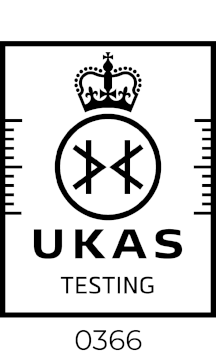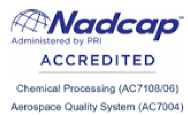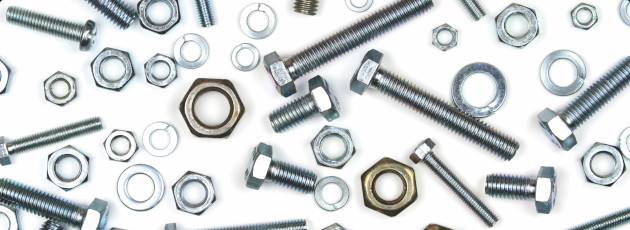What is materials testing?
In its simplest form, material testing identifies the exact composition of a material sample, assesses its strength, or discovers why the material (or product) failed whilst in use.
Materials, or samples, can be tested to certain UK or international standards to ensure they meet the necessary quality and legal requirements.
The main advantage of materials testing is that it gives you an understanding of how your product will behave whilst in use. You will understand the strength or pressure that your sample can endure, therefore knowing its exact point of failure.
Materials testing reduces the risk of costly implications in the future, such as legal cases and product recalls, both of which can be devasting for company reputations.
Destructive testing puts a material under testing until a point of failure. This can be done in several ways, including tensile testing, which essentially pulls the sample until its break load, or if the product has failed and is already broken then a sample would be taken and analysed as to why it may have failed.
Chemical analysis provides detailed information about the properties of metals. It can be used to find out what chemical elements are present in a material, and in what quantities – such as the amount of carbon in steel. That in turn allows us to access other characteristics such as the metal’s physical properties or resistance to corrosion.
These techniques are imperative for regulatory compliance where chemical products are used.
Metallurgy investigates whether the material has been processed correctly, therefore establishing product reliability – critical for any manufacturer.
PMI (Positive Material Identification) testing is a non-destructive chemical analysis test that identifies the exact grade and composition of a sample is seconds, without destroying the sample.
Metal cleanliness testing helps to reduce to chances of costly failures. By identifying any contamination, the reliability and safety of components can be understood, and you can be sure of any materials which might be harmful to the final product.
Accreditations

No. 0366 Our accreditation is limited to those activities described on our UKAS schedule of accreditation found here

We are Nadcap accredited to Aerospace Quality System (AC7004) and Chemical Processing (AC7108).
